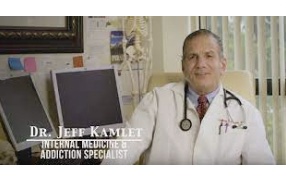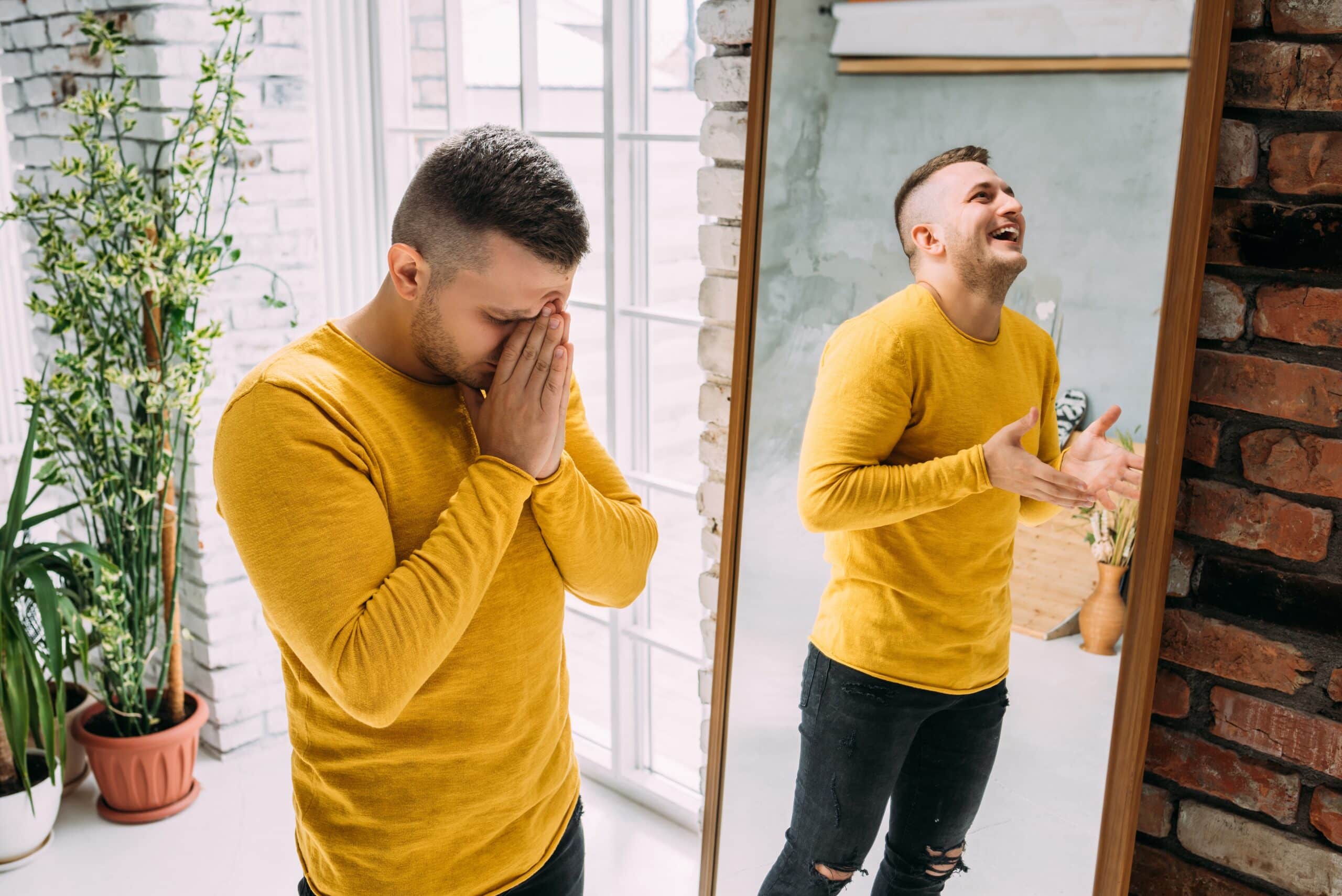Dr. Jeffrey Kamlet, an addiction specialist recognized as an expert on cardiac safety for ibogaine treatment, appeared in court in Miami, Florida on March 10 to face charges of human trafficking and child solicitation.
Prosecutors accuse Kamlet of contacting two teenage girls on Tinder and paying them for sex between April 27 and Aug. 3, 2022. The office of Miami-Dade State Attorney told WPLG that Kamlet told police that the 16 and 17-year-old girls were at his home to “escape from a Black man with a gun who was trying to prostitute them.”
Source Lucid News

The Miami Herald says
Miami Beach doctor, 67, accused of using money and cocaine to rape a Broward teen
A Miami Beach doctor who claims board certification in addiction psychiatry faces accusations he gave cocaine to a Broward 17-year-old girl twice before paying to rape her and offering to let her and her 16-year-old friend live with him.
Dr. Jeffrey Kamlet, 67, lives at the Green Diamond condominium building, 4775 Collins Ave., six blocks north and a 13-mile straight shot east of Miami-Dade Corrections’ Turner Guilford Knight Correctional Center.
That’s where Kamlet has been since his Thursday afternoon arrest.
Online court records say Kamlet’s charged with one count each of human trafficking of a minor; solicitation of a child via a cellphone to commit an unlawful sex act; unlawful sex act with a minor; and two counts each of unlawful sexual activity with a minor; delivery of a controlled substance to a minor; and custodial interference. Kamlet remained in jail as of Tuesday morning.
“We, in law enforcement, always need a million community eyes and ears working to help end the trafficking of our children,” Miami-Dade State Attorney Katherine Fernandez Rundle said. “A mother’s fear for the well-being of her daughter helped expose the alleged illegal activities of an individual who may have felt that his wealth and prominence gave him license to do anything.
Kamlet’s Florida Department of Health license profile says he’s never been disciplined since becoming licensed in Florida in December 1988.
He’s also authorized to order medical marijuana and provide controlled substances to patients. The specialty certification Kamlet claims is Addiction Psychiatry. Kamlet doesn’t list the certifying board.
The American Board of Addiction Medicine, which isn’t recognized by the Florida Board of Medicine, says he’s certified in addiction medicine.
Online Miami-Dade property records say Kamlet doesn’t own his unit in the Green Diamond, where the arrest warrant said a Broward girl’s mother tracked her iPhone on April 27, 2022. The 16-year-old from Pembroke Pines was missing along with her friend, a 17-year-old from Cooper City whose mother hadn’t heard from her since the day before.
The warrant, written by State Attorney’s Office Human Trafficking Task Force Investigator Frank Casanovas, says when Miami Beach police went to Kamlet’s apartment, body camera video captured his conversations with officers.
First, he told officers “the two girls told him that some Black gentleman with a gun was trying to prostitute them and they asked [Kamlet] if they could stay here for a night to get away from him.”
Read more at: https://www.miamiherald.com/news/local/crime/article273052020.html#storylink=cpy
Kamlet’s Linked in Bio says
About
Fellow American Society of Addiction Medicine
Board Certified Addiction Medicine
Board Certified Forensic Medicine, Forensic Examination, Forensic Psychology
Internal Medicine
Medical & Scientific Advisor to investors, venture funds and private companies biotech, drug development, and addiction treatment
Frmr. President of the Florida Society of Addiction Medicine
Frmr. Global Ibogaine Therapy Alliance’s Chief Medical Advisor
Expert testimony
Internal Medicine & Cardiology
Dr. Jeffrey Kamlet, M.D, FASAM, DABAM is widely recognized as the world’s expert on cardiac safety in ibogaine treatment.
Dr. Kamlet is a fellow of the American Society of Addiction Medicine, and has twice served as President of the Florida Society of Addiction Medicine. Dr. Kamlet served as the Global Ibogaine Therapy Alliance’s Chief Medical Advisor, as well as Editor in Chief on the Global Ibogaine Therapy Alliance’s Clinical Guidelines for Ibogaine-Assisted Detoxification.
Additionally, he has worked as an Associate Director and Medical Director for several emergency departments in Southern Florida as well EMS Medical Director for the City of Pembroke Park, FL. He sat on the board of the Florida American Heart Association, where he contributed to key revisions of the Florida EMS/ACLS protocols. He served as Adjunct Professor of Medicine at several postgraduate programs and was selected as professor of the year at Barry University.
Dr. Kamlet has served as a Principal Investigator on 20+ major pharmaceutical clinical trials, and has received accolades in the fields of hormonal replacement therapy, anti-aging medicine and nutraceuticals.
In 1996, Dr. Kamlet was a key contributor to early clinical trials, conducted under the direction of Deborah Mash, Ph.D., of the University of Miami to assess ibogaine’s utility in the rapid-detoxification from opiate and other drug dependences and the reduction of Post-Acute Withdrawal Syndromes.
Over the past 20 years Dr. Kamlet has supervised or participated in nearly 2000 ibogaine treatments with no adverse events, and he continues to believe it to be one of the most important discoveries in the history of addiction medicine.
Dr. Kamlet holds a degree in Medicine and Surgery from the State University of New York. He received further training in neurology and psychiatry in NYC and then Cardiology at the Mount Sinai Medical Center in Miami Beach Florida. He holds additional board certifications and fellowships in other specializations, including Bariatric Medicine, Forensic Medicine, Forensic Examination, and Forensic Psychology.


 Cannabis News1 year ago
Cannabis News1 year ago
 One-Hit Wonders1 year ago
One-Hit Wonders1 year ago
 drug testing5 months ago
drug testing5 months ago
 Cannabis 1011 year ago
Cannabis 1011 year ago
 Marijuana Business Daily1 year ago
Marijuana Business Daily1 year ago
 Education1 year ago
Education1 year ago
 Education1 year ago
Education1 year ago
 Cannabis1 year ago
Cannabis1 year ago


















